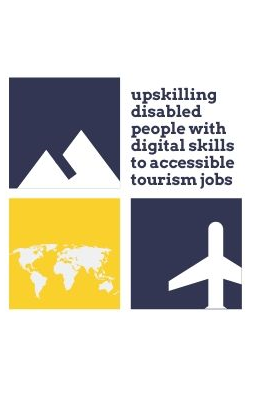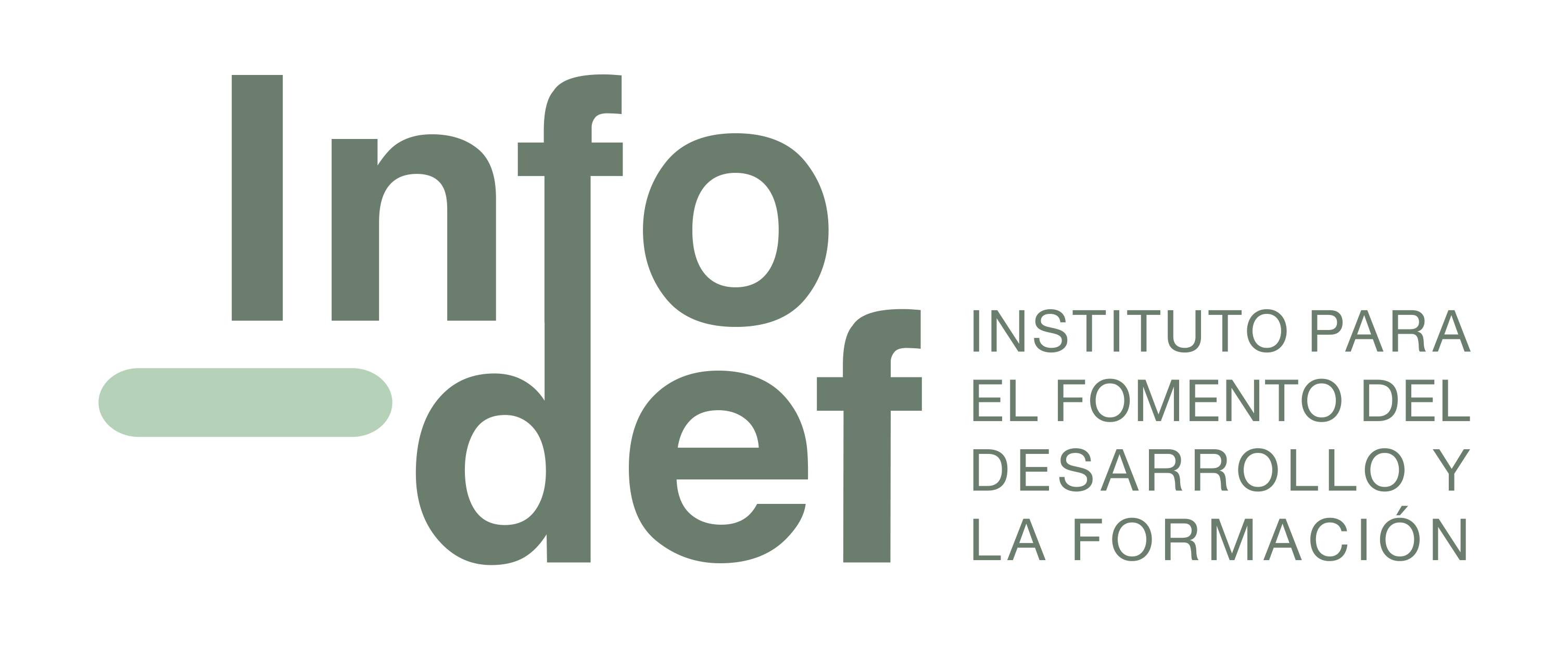Proyectos


Creating circuits to promote past and contemporary Europe under the lens of cultural diversity
EU-Programme: Erasmus+
Coordination: IEKEP (Greece)
Duration: September 2019 – August 2022
Web:
Europe is a key cultural tourism destination thanks to an incomparable cultural heritage. The EU recognises also the importance of culture as part of the European tourism experience and as an element that can enhance the profile of Europe as a global destination.
Accessible tourism is about making it easy for everyone to enjoy tourism experiences. Is not only a social responsibility, it can also boost the competitiveness of tourism in Europe and its market size has been estimated at 780 million trips. Tourism enterprises need to recruit people with the right skills in order to address the growing number of older and disabled visitors, but training courses in skills related to accessible tourism are relatively scarce in Europe.
The Incipient Online Accessible Tourism industry is an infrequent case in which disability can be not an obstacle but a competitive asset for the labour market, as they have direct personal knowledge and experience about the barriers and needs that people with disabilities experience in tourism.
The project TOURISTIC aims to find new and innovative answers to all these challenges by upskilling disabled people in Digital Skills applied to the design of innovative commercial services and products in Online Accessible Tourism, creating new skills pathways and labour opportunities for disabled people in Europe, supporting ICT-based teaching and assessment practices and promoting the transparency, validation and recognition of skills and competences acquired through OER.
The project will use European frameworks of reference, such as EQF and ECVET, to promote new learning pathways and boost transparency, recognition and mobility in Europe. The expected long-term impact of the project will be the strengthening of digital skills and VET systems in Europe.
Project Nº 2019-1-FR01-KA204-062217
This project has been funded with support from the European Commission. This publication reflects the views only of the author, and the Commission cannot be held responsible for any use which may be made of the information contained therein.
